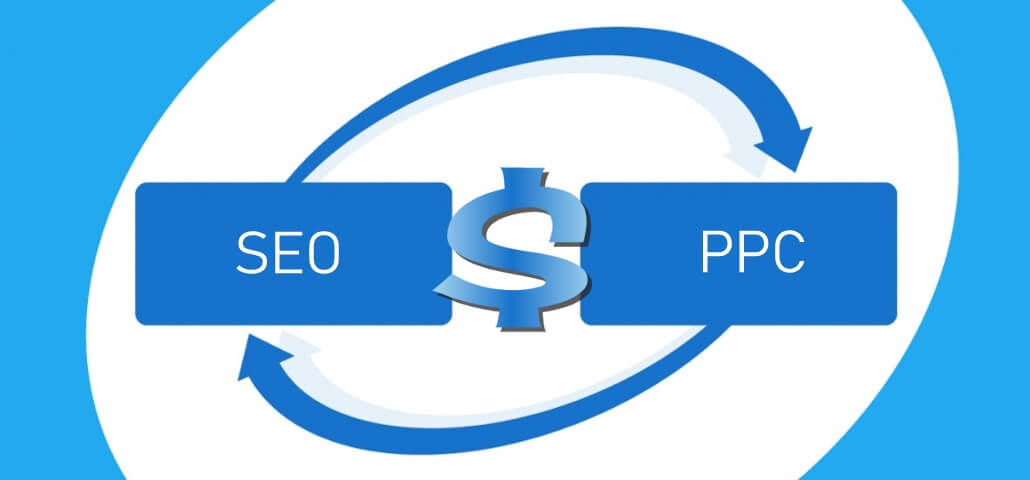5 Reasons Why You Should Use PPC and SEO Together In Your Digital Marketing Strategy
In online marketing, traffic rules. The bigger the traffic, the better. However, employing a single strategy to boost your visibility in Search Engine Results Pages (SERPs) will limit your reach.
Two of the best ways that online marketers use are the Pay Per Click (PPC), and Search Engine Optimization (SEO) approaches. These two online marketing strategies work better in inclusion than when executed separately. Most businesses will opt out of PPC once their site appears on top search pages, but the truth is that the top results are paid ads. Combining paid ads and organic marketing strategies is the best way to leverage your digital marketing and cut costs as you reach a wider audience. After all, PPC and SEO have the same objectives; increasing viewership, raising conversion rates, and reducing costs. Here are five reasons why you should use PPC and SEO together in your digital marketing strategy:
1. Doubles your conversion rates
According to Google, even though paid ads appear on top of the search pages, they do not replace the clicks on organic search. Google further emphasizes that for companies who do paid ads, 50% of the clicks on paid ads do not replace the clicks on organic results before they invest in paid ads. Therefore, if you use PPC and SEO together, you get double conversion rates from both digital marketing strategies.
Again, when you dominate SERPs, prospects view you as a thought leader in your industry. Therefore, you need to think of dominating the search pages with both PPC and SEO approaches, as they increase your traffic and conversion rates and grow your reputation in the market you serve.
2. Share keyword data
When you use PPC and SEO together, you will have a lot of keyword data to analyze. You can find the keywords with the top conversion rates from the vast pool of keyword data. Once you have obtained the best-performing keywords, you can choose which ones will work better for organic and paid ads. You can determine which keywords can be used to improve your overall digital marketing campaign with analytics.
3. Use high converting PPC ad copy to inform your organic content marketing strategy
In most cases, copy that works for PPC also works for SEO. You can, therefore, use your top-performing PPC ad copy to know how to title your blogs, meta descriptions, and page content to improve your page rankings. By leveraging on PPC ad copy, you will know what will work for your SEO campaigns immediately instead of testing meta descriptions, title tags, and page content.
4. Increase social media visibility
Social media marketing is continually changing, and one of the surest ways of ensuring social media marketing success is maintaining visibility. With social media platforms like Facebook, YouTube, Instagram, and LinkedIn, you can create ads that target specific people. The information from these campaigns is so refined that it can be used to refine your SEO strategies and boost your social media visibility for your brand.
5. Combat negative publicity
Businesses are prone to negative publicity. Using both paid ads and SEO can help you inhibit the reach of negative publicity. The primary objective of using PPC and SEO to control damage caused by negative PR is to improve your visibility. A good example is when BP paid for ads during the Gulf oil spill to control the search results for the term ‘Oil Spill.’ During that time, anyone who searched for the term first landed on an ad by BP that directed them to a page on BP’s website that addressed the cleanup process. With PPC and SEO, you can control the results for specific search terms; hence you can tell your side of the story.
It is clear that, individually, PPC and SEO approaches to digital marketing are great ways to improve viewership and increase conversion rates. However, combining these two approaches enriches your content marketing, builds your reputation, and enhances your visibility on SERPs. If you’re interested in learning more about the SEO or PPC services at Scott McKellam, please contact us or email us at [email protected].



